“Artists and writers need to aim for truth, goodness and beauty more than ever before in order to help prevent countless dangers that threaten human dignity. They must be aware that each work they create can become a beauty, a flower, a ray of light, but can also become darkness, a poison for readers. And in the end, only the “light of conscience” radiating from the work can last forever.” That is the affirmation of poet Nguyen Quang Thieu, Chairman of the Vietnam Writers Association .
True creativity is to bring artists towards beauty.
Reporter (PV): At the event where Party and State leaders met with intellectuals, scientists , and artists in the Spring of Quy Mao, which took place in mid-February 2023 in Hanoi, we were impressed by the statement of poet Nguyen Quang Thieu when he affirmed that artists have never had the right to create, the right to express, and the right to criticize like now. In your opinion, in what aspects is the creative space of artists expressed?
Poet Nguyen Quang Thieu: In my personal opinion, I think that creative space represents 3 aspects: Creative theme, forecasting and criticality.
In the past, there were creative topics or themes that were limited by the times. For example, during the war, artists did not mention the pain and loss, which would have a negative impact on the morale of our army and people. After the war ended, especially since the introduction of renovation, many literary works had a different view of the war that had just passed, such as the novel "The Sorrow of War" by writer Bao Ninh. When this work was first published, it was criticized because it was the first to directly examine the "spiritual wounds" after the war. But now, most of the public considers this work valuable. The work "The Sorrow of War" has contributed a more complete and multifaceted view of war; warning about the losses and sorrows that war brings; for that reason, we must find every way to prevent war from happening.
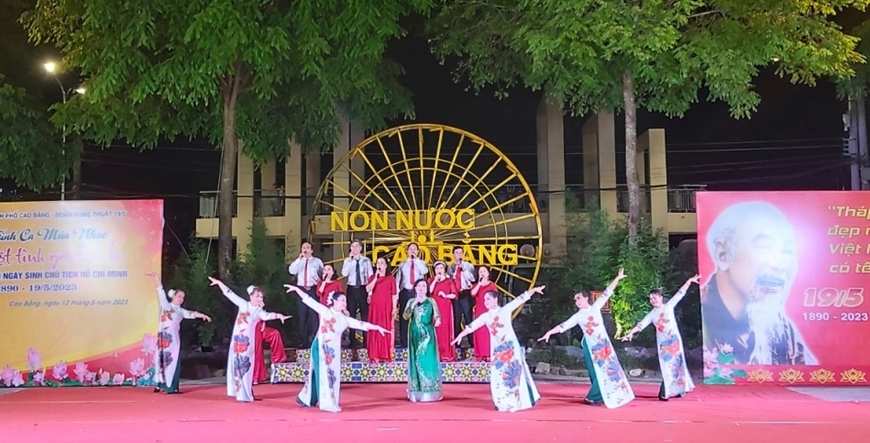 |
The performance "From Lotus Village" was performed by artists of the May 19 Art Troupe. Photo: baocaobang.vn |
Many literary works have a high predictive value, originating from the writer's meticulousness in delving into contemporary life, pondering the past, thereby predicting many pressing issues in the process of socio -economic development, cultural and moral degradation. This must be based on the writer's writing style, problem-posing style and attitude towards his words so that not only managers but also the people can see that this is a social warning about human degeneration, the negative side of social life, not despair.
The final issue is critical thinking. Artists and, more broadly, intellectuals must be the leading force in social criticism, based on attitude, responsibility, and intelligence. For example, criticism in the press and media, in works about the fate of farmers who have left their homeland and are entangled in social evils, about cumbersome administrative procedures with the aim of helping the Party and State pay attention to amending and overcoming shortcomings.
PV: Do you think that creative freedom is freedom for the "ego" of artists without any limits?
Poet Nguyen Quang Thieu: About 30 years ago, I once said: The renovation process will open up two attitudes of artists. Expanding creative space adds "wings" for artists to sublimate in the depth of their imagination. The proof of this is the remarkable achievements of literature and art during the renovation period. Luu Quang Vu would not have been able to write a series of excellent plays in a short time and have them widely distributed if creative freedom had not been expanded.
But there are also artists who seize the expanded creative freedom to satisfy their personal whims. It could be an excessive eagerness to express their “ego”, or a desire to pour out their personal frustrations and resentments into their works. If they create with this mindset, they will certainly not create anything good for the public. Many artists create works that aim to denigrate national heroes; erase the nature of war; and delve into and criticize mistakes in the process of carrying out revolutionary tasks that some agencies have made at times. They often take mistakes, bad things, and individual cases to attribute to the nature of the regime and society, thus sowing negative and impure things into the public.
One side leads people towards the light, the other pushes people towards the darkness. Therefore, here it is necessary to affirm that true creative freedom in literature and art is to lead artists towards beauty, to discover, honor, and protect beauty to benefit humanity.
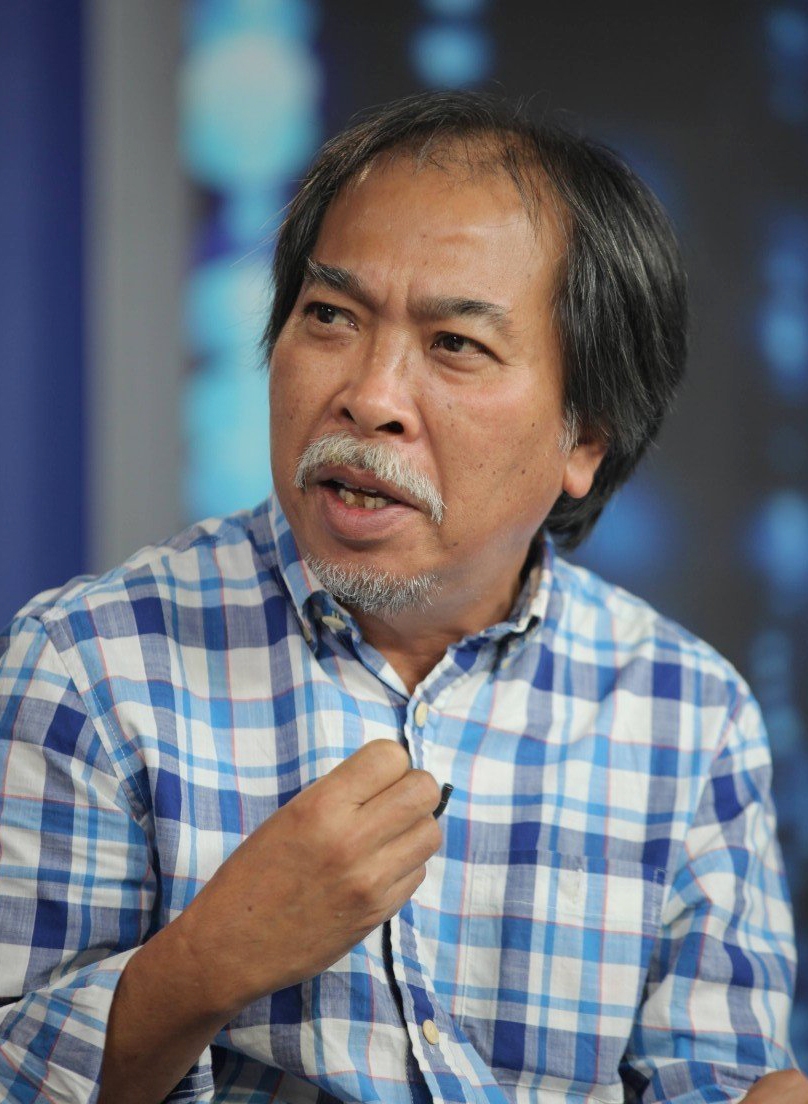 |
Poet Nguyen Quang Thieu. |
True artists of course always understand the responsibility of freedom in their hands. Obviously, there cannot be absolute, boundless creative freedom. I have had the opportunity to research and understand the situation of literature and art in some countries. No one prevents artists from creating, but there are certain limits to the dissemination of works. Even in developed countries, although they claim to be the most democratic and free, they do not allow the dissemination of works that contain racist, pedophilic content or go against the cultural and spiritual values that are honored and built by the community. Therefore, people often say that creative freedom is closely linked to civic responsibility, which is precisely this point.
PV: According to the current Charter of the Vietnam Writers Association, the Association respects the individual style of each writer and encourages innovation in literary creation, in order to serve the people and the Socialist Republic of Vietnam; at the same time, it requires each member to strictly comply with the Party's guidelines and policies and the State's laws. Does this regulation conflict with the members' right to freedom of creativity, sir?
Poet Nguyen Quang Thieu: If you are a regular reader of the Literature and Arts Newspaper (Vietnam Writers Association), you will surely see the slogan on the newspaper's cuff: "For the Fatherland, for socialism". That slogan establishes the attitude of Vietnamese writers who always stand side by side with the country and the people under the leadership of the Party. That attitude is voluntary, without any coercion.
Senior writers such as Nguyen Dinh Thi, To Hoai, Nhu Phong, Hoc Phi... soon joined the Association for National Culture Salvation after the historical document "Outline of Vietnamese Culture" (1943) was published, because they saw that the Party had set out the correct path to regain independence and freedom for the nation, while protecting Vietnamese culture from dependence and slavery. And then, the Party led our people to make great achievements in the struggle for national liberation and the construction of socialism, bringing a prosperous, free and happy life to the people. "Our Party is moral and civilized" as Uncle Ho affirmed; so it is inevitable that any writer who becomes a member of the Vietnam Writers' Association voluntarily complies with the Party's guidelines and policies, the State's policies and laws because they believe in the revolutionary path that the Party and the people have chosen.
The Party’s cultural and artistic guidelines are always for the people, for the nation, for society. The writer’s purpose in creating is similar. When we realize the goals for the people, the Party’s guidelines and policies on culture and arts and the freedom and democracy in the writers’ creations naturally go on the same path. Therefore, there is no contradiction because the space for creative freedom is expanded so that writers can write more and write better to be worthy of being “engineers of the soul” and protecting human dignity.
The artist's attitude towards life contributes to creating valuable works.
PV: Can you explain why, instead of devoting all their talent and passion to creating to serve the community and the country, some artists have made offensive statements that cause social unrest; and more worryingly, have created works with deviant content?
Poet Nguyen Quang Thieu: The phenomenon mentioned is real, but in my opinion it is only a minority, mainly freelance artists.
If we observe the life of literature and art, artists who show signs of moral and lifestyle degradation will not create many valuable works, because they have devoted their time and energy to things that are not creative. I used to think that: A poet wrote a valuable work 10 years ago, if 10 years later he wants to write a good work like that, he must live with the same "quality" as the work he wrote. He will write as much as he lives! The "quality" of his life includes reading, understanding, analyzing, listening, cultivating knowledge and even his behavior towards a tree, a person next to him, towards the land where he stands with just two feet. When he has the right attitude, loving, sharing, protecting people's aspirations, then his work will show good things.
I can give an example, many works participating in the Young Author Award (Vietnam Writers Association) recently have profound, new, modern knowledge. But the more you read the ideological content, the more you feel like you are going down a deep pit with no way out. Literature must show the light of humanity, bring people hope for some kind of salvation. Therefore, the foundation that never changes is humanism in all works, without that, there is nothing left.
PV: Literary and artistic works are the creative results of the artist’s concern, exploration, passion, intelligence and talent. In your opinion, how can we combine and harmoniously resolve the issue of promoting the talent of the artist’s “ego” with creating the best works to serve the community’s “self”, enriching and beautifying the human soul?
Poet Nguyen Quang Thieu: The “ego” of an artist needs freedom to create. Looking more broadly, delving into the nature of creative freedom is an extremely necessary condition for the development of literature and art because it creates difference, diversity, and richness. Without these things, literature and art would be considered to have stopped and become motionless, synonymous with “death”. Since the renovation, literature and art have delved into the private life and world affairs, discussing the “ego” more than the “we”. Social awareness also respects the deep sorrows of an individual, respects the torment and anxiety of the creative “ego”. This makes our literature and art full of vitality, many works therefore meet the needs of the public who wants to explore the profound dimensions of humanity.
In the past, the enemies of the nation and also of artists were foreign invaders, those who wanted to enslave our nation. Artists followed the revolutionary path to protect the freedom and independence of each individual in the life of the large community. The current enemies that literature and art face are apathy, hypocrisy, degradation of conscience, indifference to traditional cultural values, selfishness, and greed hidden deep within people... Artists are interested in the topics of fighting corruption and negativity, protecting sovereignty, calling for environmental protection, fighting against moral degradation, reviving culture, creating new beauties of national culture, which are clear manifestations of serving the "self" of the community. The Party always needs, and the people really expect, artists to create literary and artistic works rich in truth, goodness, and beauty, contributing to bringing about and fostering good human qualities and for the progress and civilization of society.
PV: As a poet and painter loved by the public and respected by professionals, do you have anything to say to encourage and motivate writers and artists to produce works rich in truth, goodness and beauty that the Party needs and the people expect?
Poet Nguyen Quang Thieu: Regarding the story of creativity, each artist has his own path, I do not have any advice. I just want to share my personal thoughts that the last thing artists need to pay attention to is the value of their work and the impact on the public. Currently, the virtual world contains so many bad and toxic things, many social networks are flooded with offensive things. The cultural and moral degradation in society is extremely harmful, causing the "animal" in each individual to rise up at any time, if they do not have enough courage to "resist".
Artists, more than ever, need to strive for truth, goodness, and beauty in order to contribute to preventing countless dangers that threaten human dignity. This requires artists to never abandon the good things in their minds and in their creative process. They must be aware that each work they create can become a beauty, a flower, a ray of light, but can also become darkness, a poison for readers. And in the end, only the "light of conscience" radiating from the work can last forever.
PV: Thank you very much!
| “To fulfill their noble duty, artists need to cultivate revolutionary ethics, enhance their spirit of serving the people, maintain a modest attitude; truly integrate with the masses, strive to study politics, and cultivate their profession.” (President Ho Chi Minh) |
THIEN VAN - HAM DAN (performed)
Source



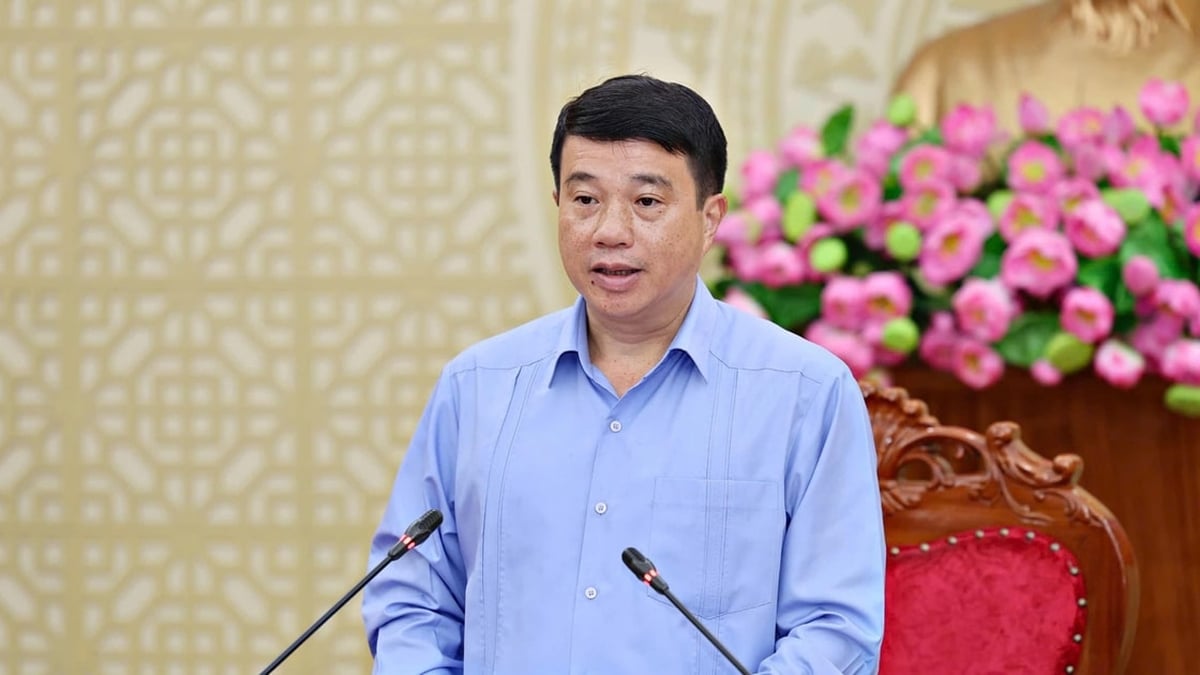


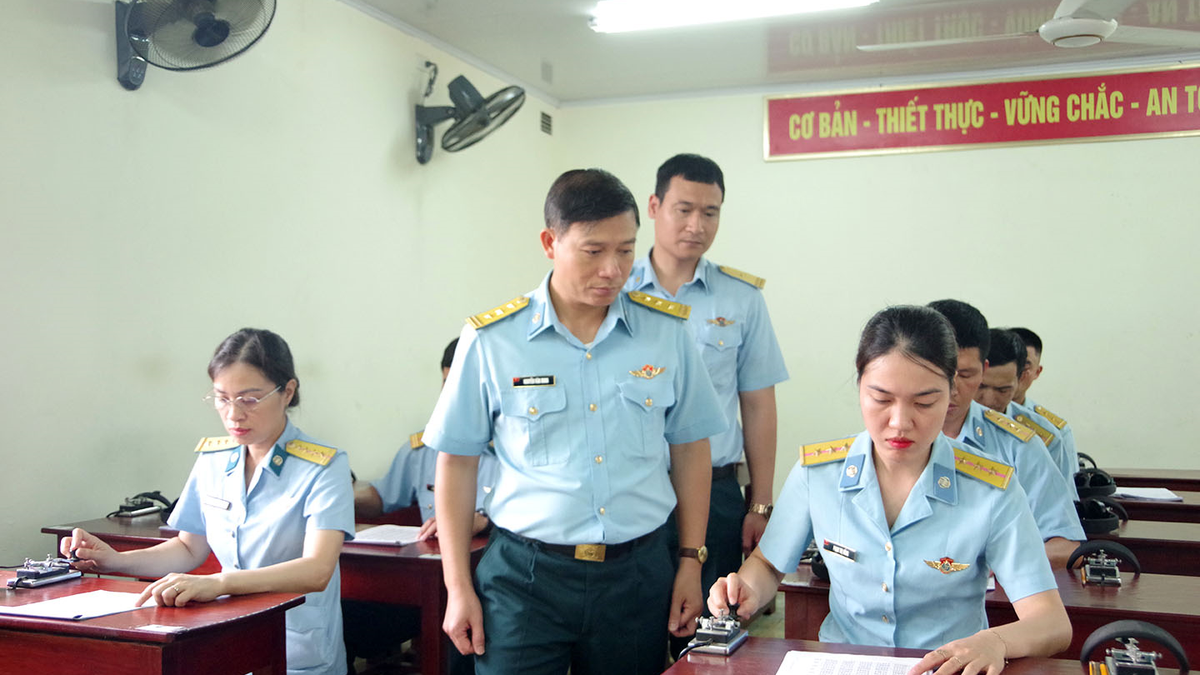
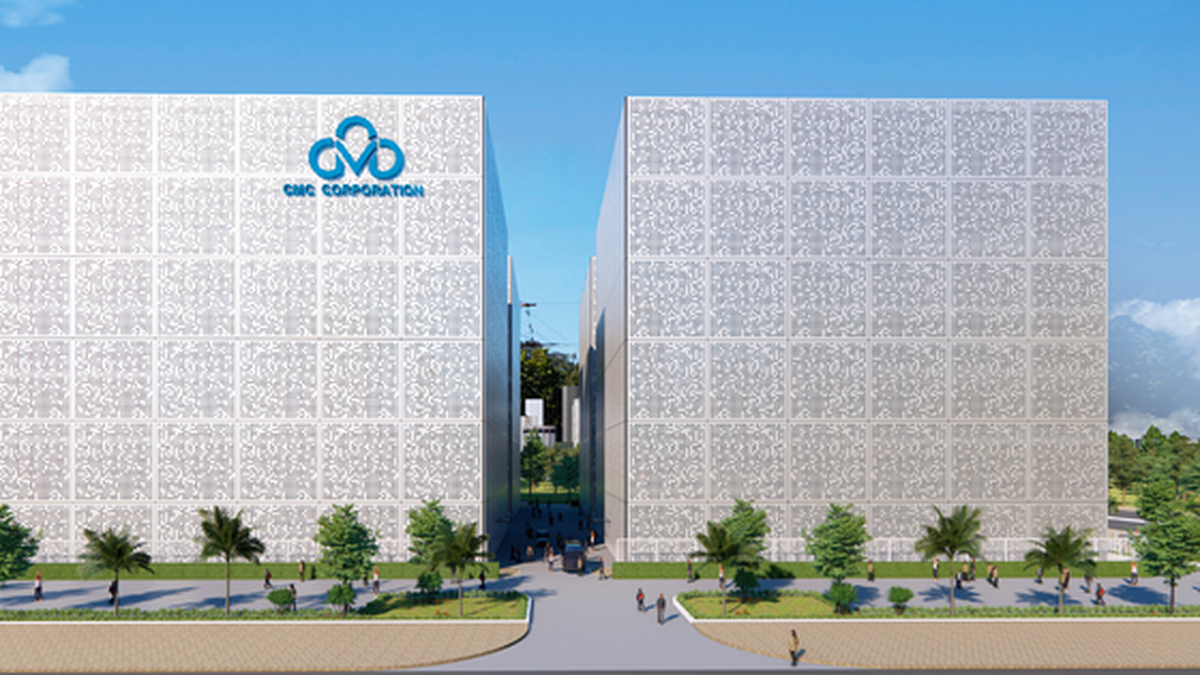
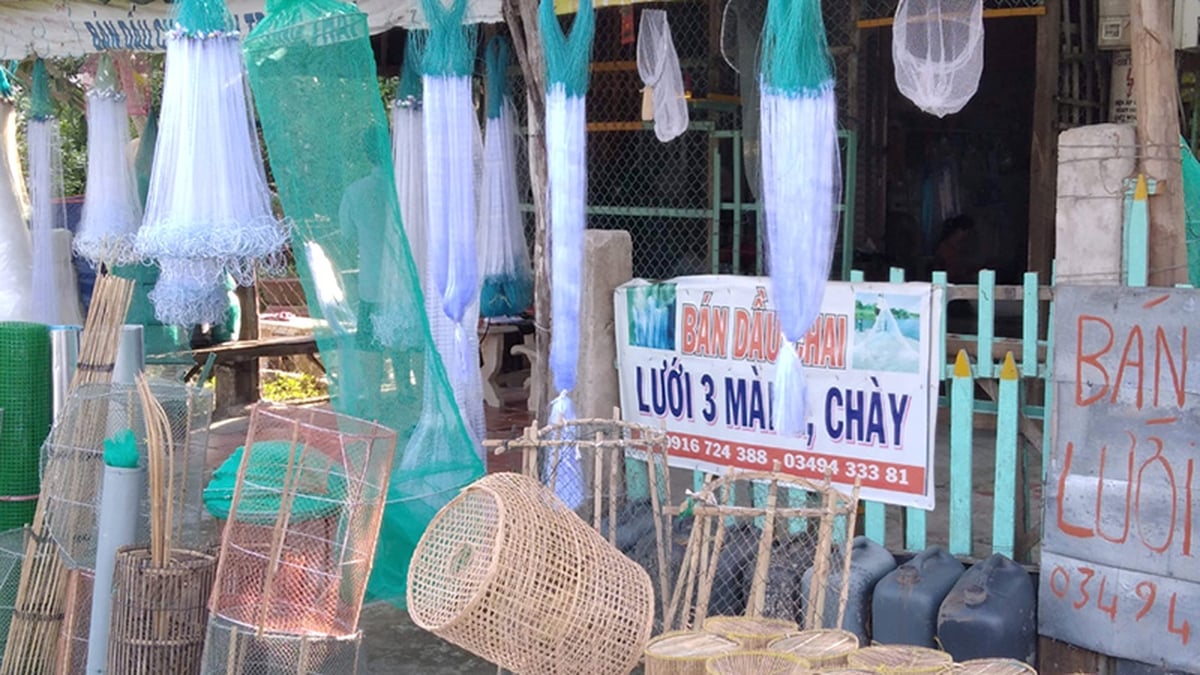
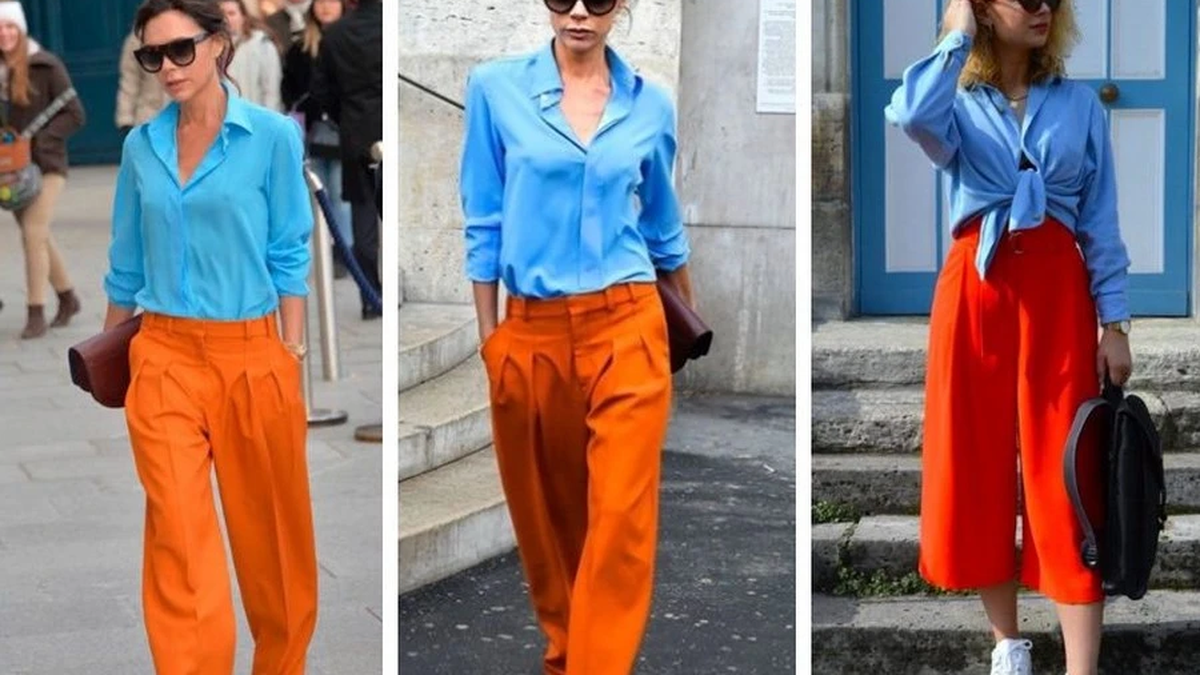

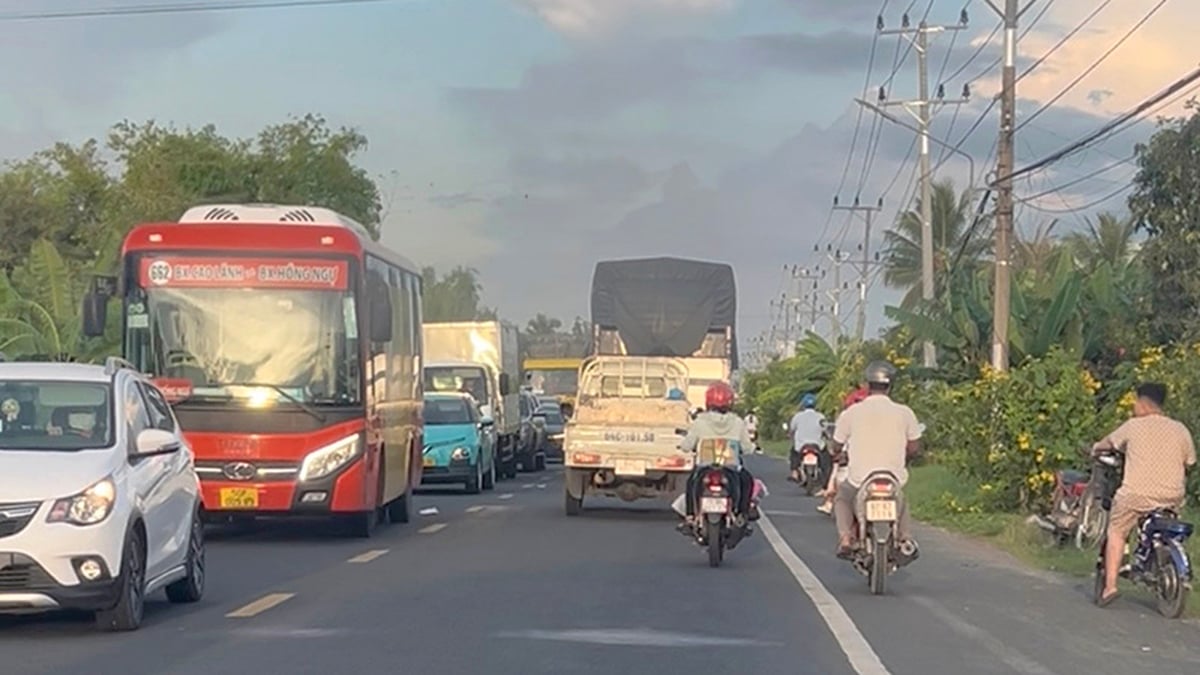









































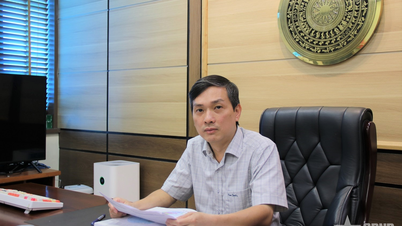








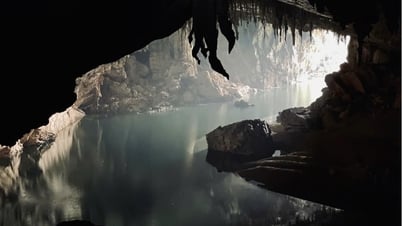

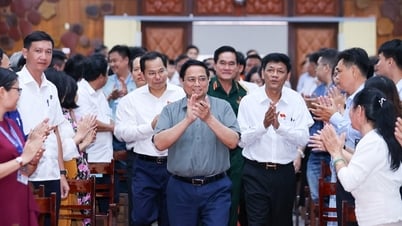
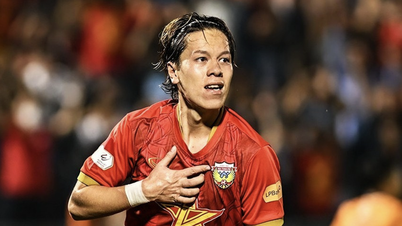

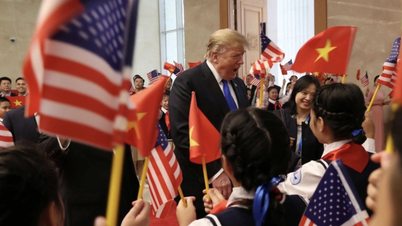
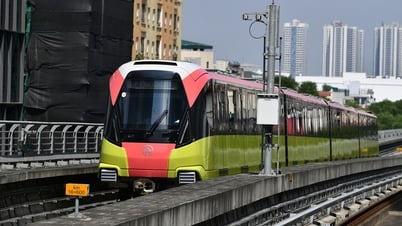
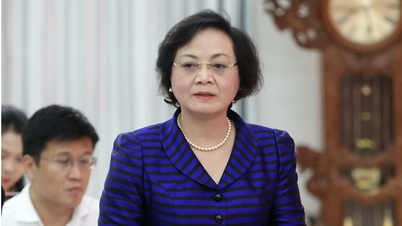
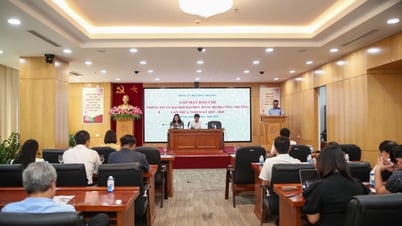

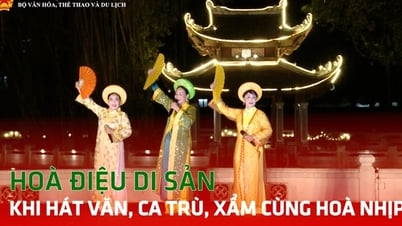
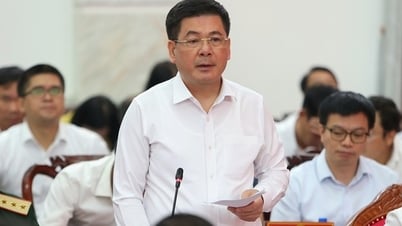
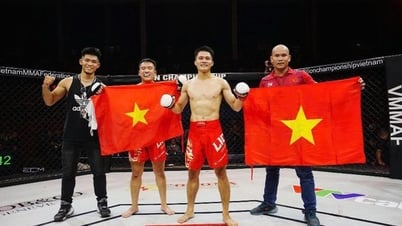
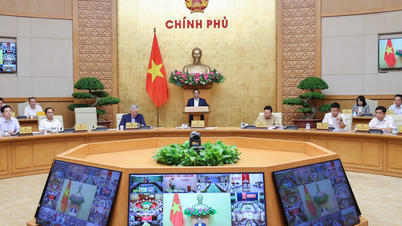

























Comment (0)